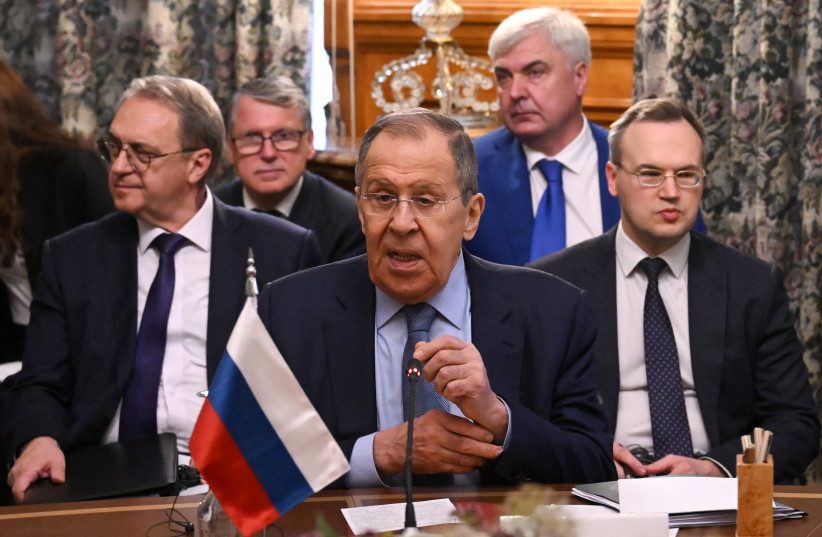Foreign Affairs Minister of the Islamic Republic of Iran Nasser Kanani spoke of an ongoing dispute between Russia and Iran regarding the sovereign status of several islands in the Persian Gulf, according to an article by Iranian state media outlet Tasnim News published on July 17.
The three Gulf islands, Abu Musa and Greater and Lesser Tunb, are claimed by both the United Arab Emirates and Tehran, but have been held by Iran since 1971, shortly before the seven Gulf emirates gained full independence from Britain and formed the UAE.
The UAE has now been allied with the United States, which is an additional source of contention for Iran.
“Respecting the sovereignty and territorial integrity of countries is a well-known principle in international law. Tehran considers the observance of this principle in relation to the territorial integrity of Iran by all parties as a mandatory principle and will show a serious and proportionate reaction to its violation,” Kanani said in response to a joint statement made earlier by Russia and the Gulf Cooperation Council (GCC).
On July 17, Russia and the GCC issued the joint statement in which they expressed support for a UAE initiative to reach a peaceful solution to the issue of the islands through bilateral negotiations or the International Court of Justice.

Iran has consistently said that it views the territorial status of the islands as non-negotiable and would consider any interference a reason to sever international ties.
Criticizing the United States’ involvement in the Gulf
Kanani is reported to have then said “We have never deviated from the diplomatic path. The US government, as a party that illegally withdrew from the agreement, is both responsible and in relation to the return of all parties to the JCPOA, it is America that must adhere to its obligations.”
“The negotiation process is still open. It is possible to summarize the negotiations based on the previous talks in the near term, but it is America that must show its will.”
Kanani criticized the ongoing presence of the US in the Gulf, stating that the US military role is “never peaceful."
“We definitely do not consider the American government's statements and rhetoric to be constructive and provocative, and the continuation of such movements can lead to new sensitivities in the region and fuel instability,” Kanani insisted.
